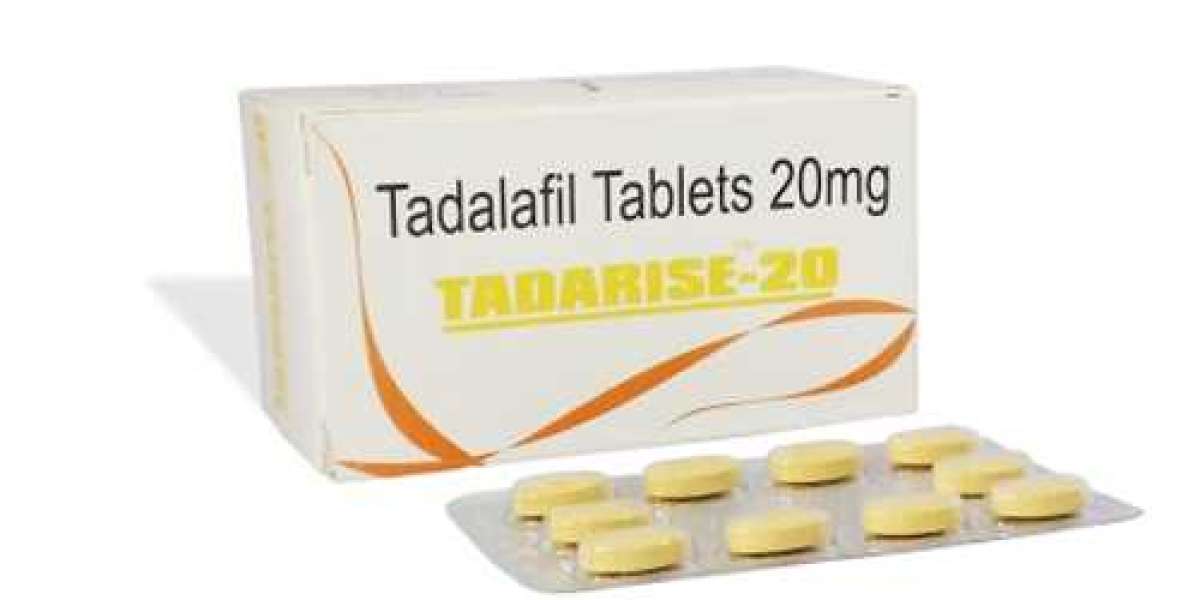As the demand for renewable energy sources grows, the need for efficient solar energy systems has become more apparent. Solar power, derived from the sun's rays, offers a clean, renewable source of energy that can be harnessed for both residential and commercial use. Over the years, significant progress has been made in improving solar panel technology and energy storage solutions, making solar energy more efficient and cost-effective than ever before. This article explores how individuals and businesses can maximize efficient solar energy for their needs, reducing energy costs while contributing to environmental sustainability.
The Importance of High-Efficiency Solar Panels
To achieve efficient solar energy, it's crucial to install high-quality solar panels. Over the years, solar panel efficiency has greatly improved, with modern panels capable of converting more sunlight into electricity than their predecessors. This improvement is largely due to advancements in materials, such as monocrystalline silicon, which boasts a higher energy conversion rate compared to older polycrystalline silicon panels.
For homeowners and businesses, using high-efficiency panels means fewer panels are needed to generate the desired amount of energy, reducing installation costs and space requirements. In areas with limited sunlight or where roof space is at a premium, high-efficiency panels ensure that the system can still produce sufficient energy.
Optimizing Solar Panel Installation for Maximum Efficiency
The placement and orientation of solar panels can greatly affect their efficiency. To optimize the performance of solar systems, it is essential to install panels at the correct angle and direction. In the northern hemisphere, solar panels should face south to capture the most sunlight throughout the day. In addition, ensuring that panels are free from shading and debris is crucial to maintaining high efficiency. Shading, even from small objects like trees or nearby buildings, can significantly reduce the amount of energy that solar panels generate.
The Role of Energy Storage in Solar Efficiency
One of the biggest challenges with solar energy is its intermittent nature. Solar panels only generate electricity when the sun is shining, and this can be problematic during nighttime or cloudy days. Energy storage systems, such as batteries, are essential to ensuring that efficient solar energy can be used even when the sun isn't shining. By storing excess energy generated during the day, these systems provide power at night or during periods of low sunlight.
Advancements in battery technology have made energy storage more efficient and affordable. Lithium-ion batteries, for example, are commonly used in residential solar storage systems due to their high energy density and long lifespan. For businesses with larger energy needs, more advanced storage solutions, such as grid-connected batteries or large-scale solar farms, can be utilized to maximize the efficiency of solar energy.
Conclusion
Maximizing efficient solar energy is essential for reducing energy costs and contributing to a cleaner environment. By investing in high-efficiency solar panels, optimizing installation, and integrating energy storage systems, both homeowners and businesses can harness the full potential of solar energy. As technology continues to evolve, the efficiency of solar systems will only improve, making solar energy a key player in the future of renewable energy. Whether for personal use or large-scale commercial applications, solar power offers a sustainable and cost-effective way to meet energy needs.



